Sometimes fever seems normal after back pain or shivering. But these can also be signs of kidney stones. If there are kidney stones, then it is important to know what our diet should be.
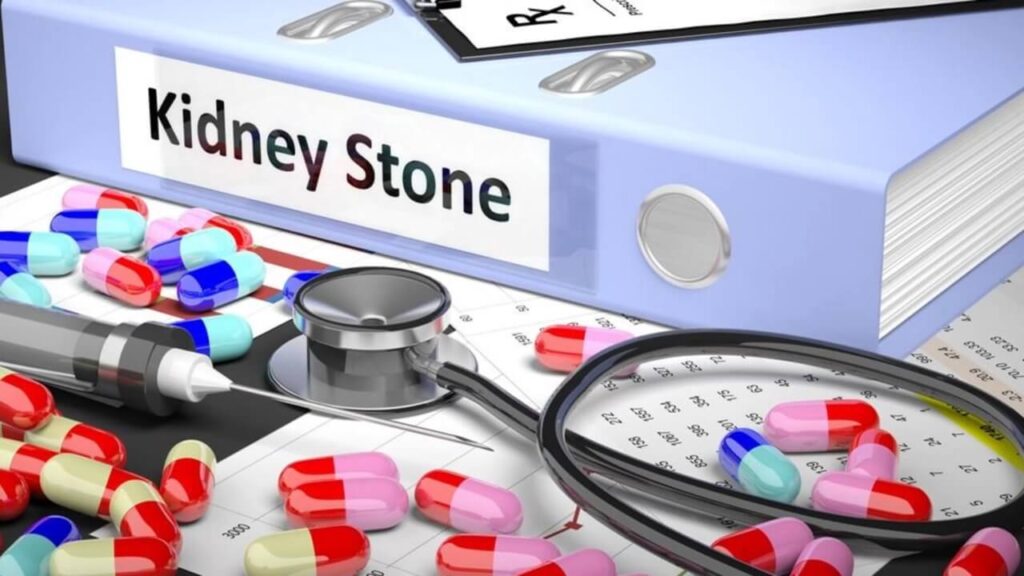
Kidney stones are a painful problem that can affect any person. The causes of stones are poor eating habits, excess weight, and sometimes the consumption of excessive supplements.
In fact, when the amount of sodium, calcium, and minerals increases in the blood, they get deposited in the kidneys and take the shape of stones.
This obstructs the way for urine to reach the bladder and causes the problem of kidney stones. In this problem, there is a need to be very careful while eating and drinking.
How to Identify:
If you are feeling less hungry than normal, then it can prove to be a main reason for kidney stones.
Apart from this, having a fever followed by chills and feeling sudden pain in the stomach are also signs of kidney stones.
Many people suffer from urine infections and feel like vomiting.
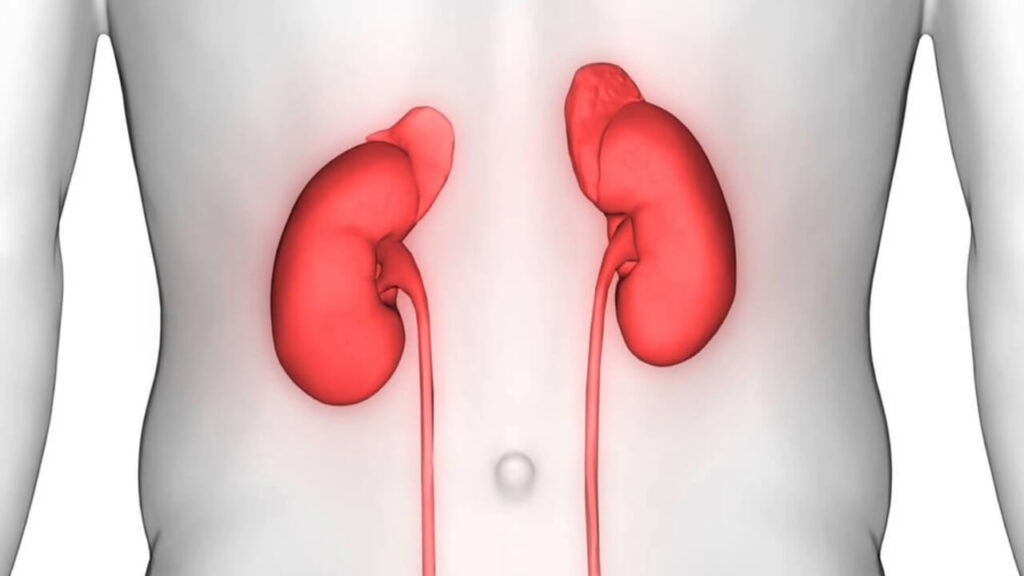
Kidney stones, also known as renal calculi, can cause various symptoms. Here are some signs to watch out for:
- Pain: The main symptom is severe pain in your back, abdomen, or side. This pain, known as renal colic, can be excruciating.
- Pain or Burning During Urination: You might experience discomfort or a burning sensation while urinating.
- Urgent Need to Urinate: Feeling like you need to go urgently.
- Blood in the Urine: Hematuria, where your urine appears pink, red, or brown.
- Cloudy or Smelly Urine: Changes in urine color or odor.
- Going a Small Amount at a Time: Frequent urination with small volumes.
- Nausea and Vomiting: Feeling nauseous and vomiting.
- Fever and Chills: If you have a fever along with kidney stone symptoms, seek medical attention promptly.
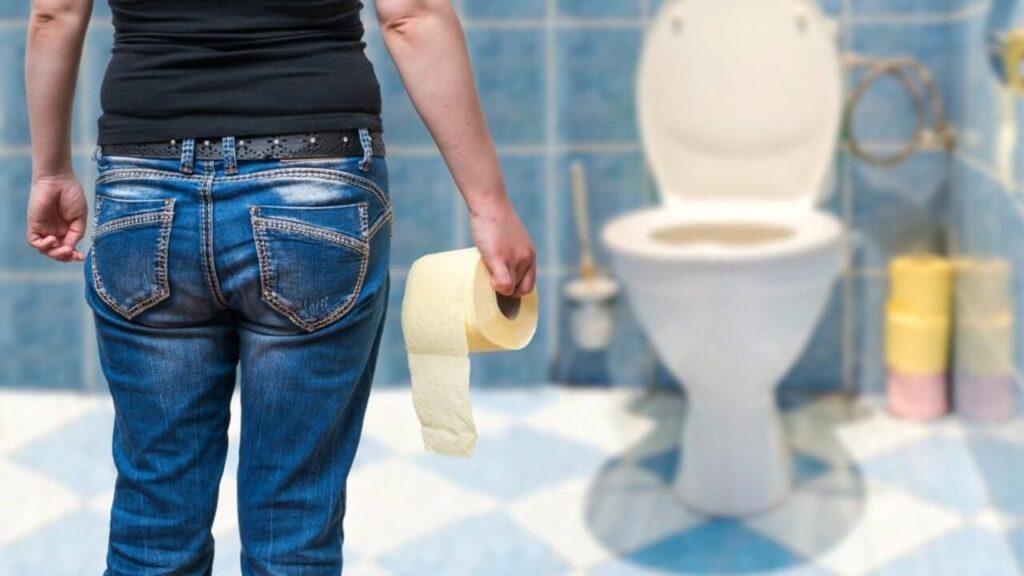
Remember, kidney stones can vary in size, and smaller stones may not cause noticeable symptoms until they move into the ureter. If you suspect kidney stones, consult a healthcare professional for proper evaluation and management. Stay hydrated and seek medical help if needed! 😊🌟
What Should be on the Plate:
If you are a stone patient, then you must drink two to three liters of water a day. Apart from this, also consume liquids, including coconut water, lemon water, and orange juice.
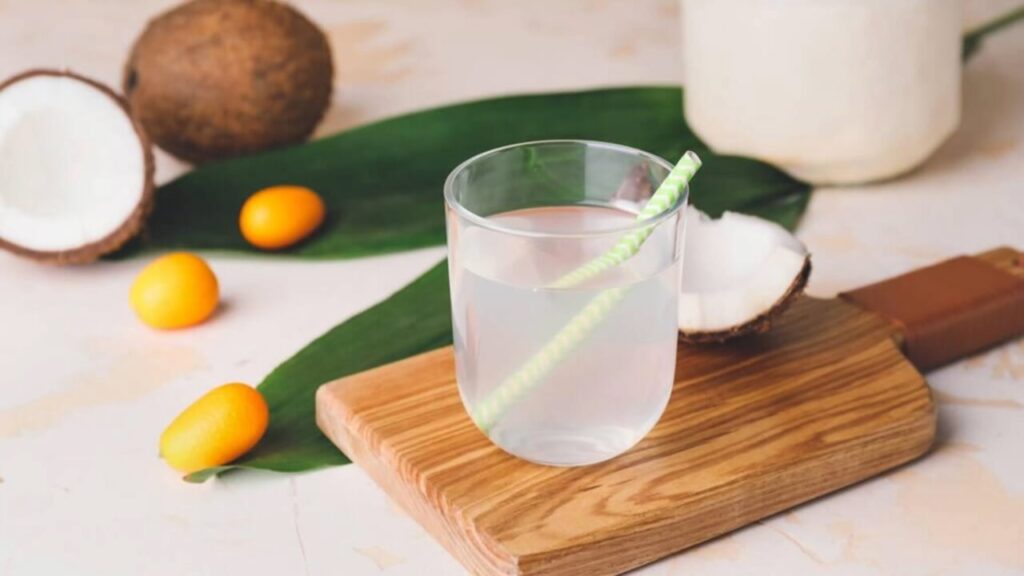
By consuming an adequate amount of water, the right amount of urine is passed throughout the day, which removes the harmful substances present in the body.
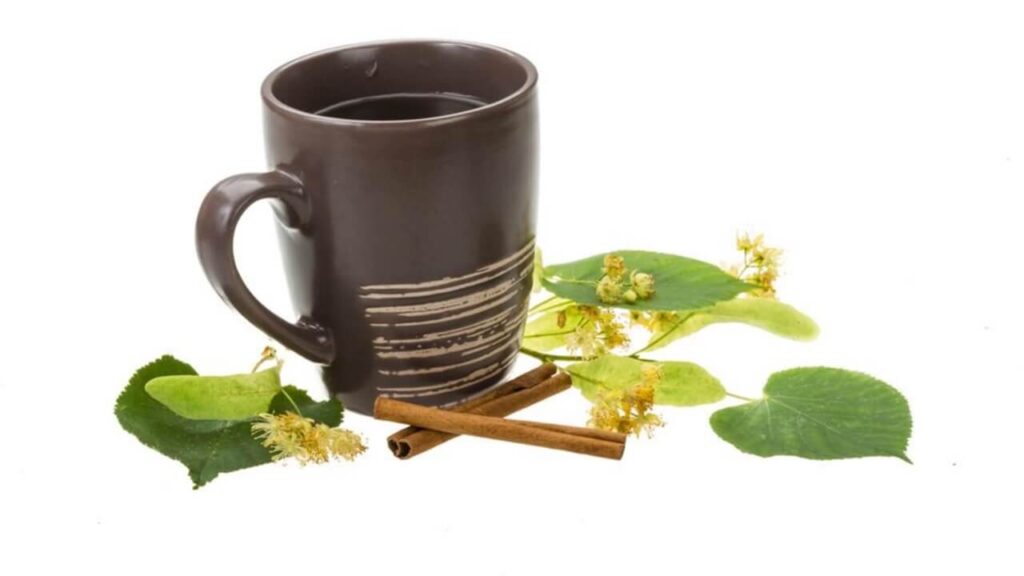
Apart from this, herbal tea rich in anti-oxidants reduces the amount of uric acid produced in the kidneys, which automatically reduces the risk of stone formation.
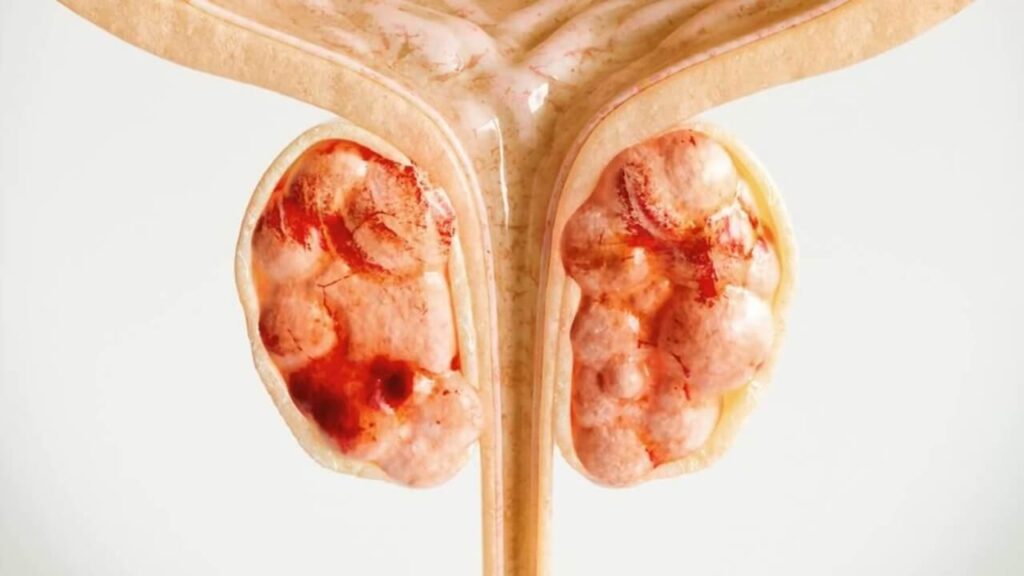
In such a situation, regular consumption of herbal tea helps keep the kidneys clean. Herbal green tea can be drunk twice a day. Also, to keep the kidneys healthy, make fiber-rich fruits and vegetables a part of your diet.
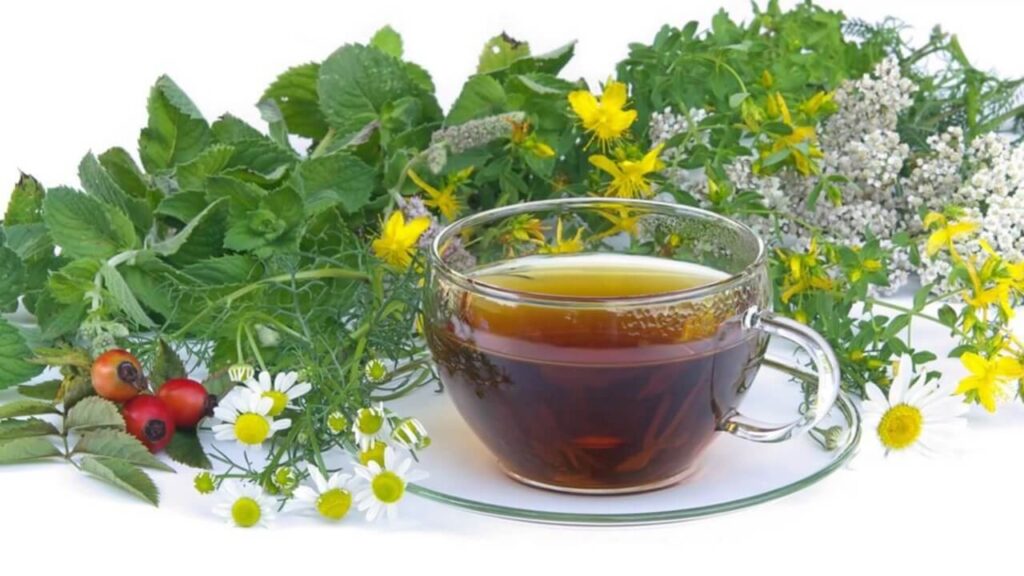
Among fruits, you can eat apple, orange, peach, banana, and raw coconut, which are all completely rich in fiber.
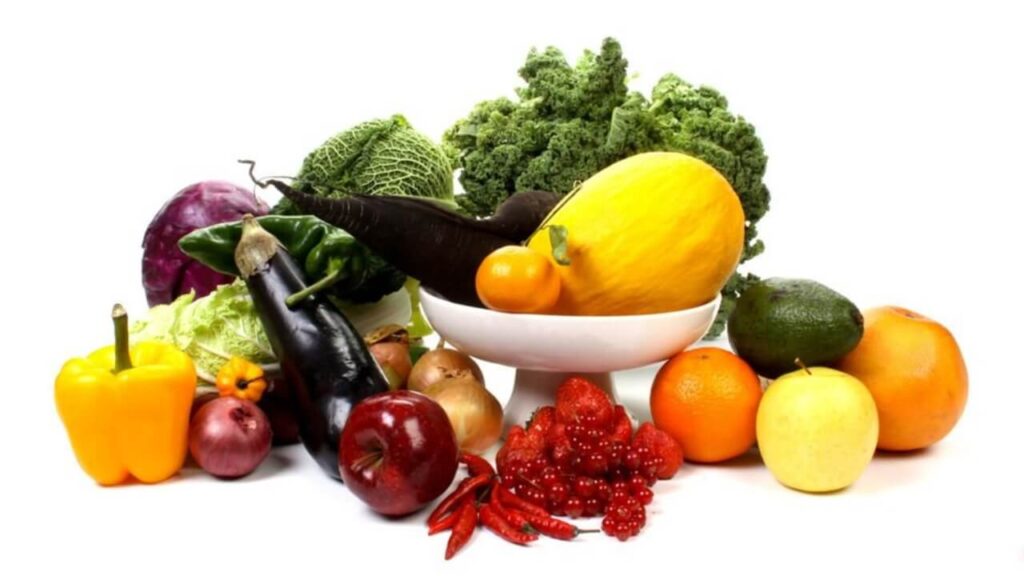
Among vegetables, consumption of beans, peas, carrots, radish, mushrooms, cucumber, bitter gourd, cucumber, pumpkin, and broccoli is healthy.
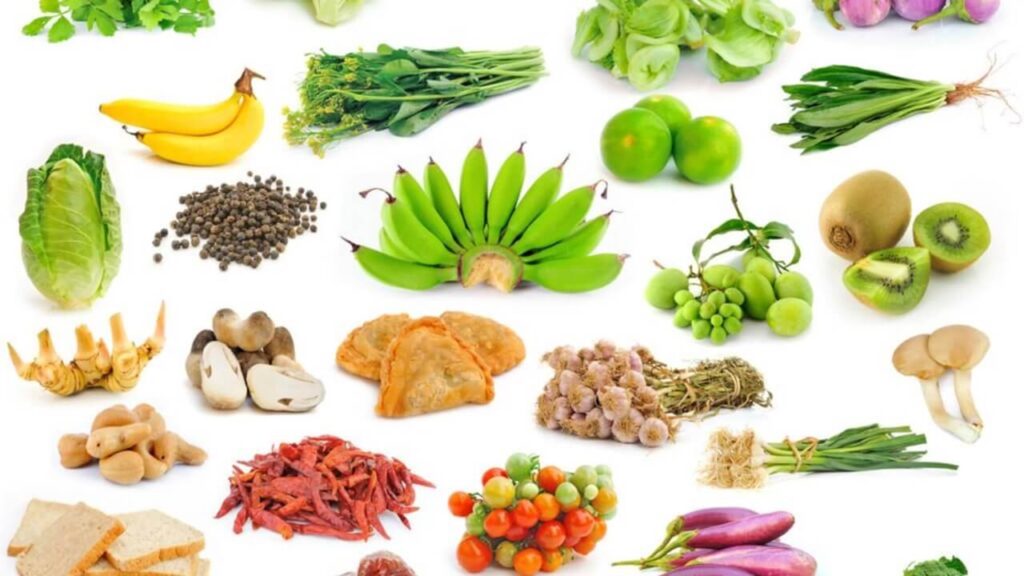
What to Avoid:
Generally, canned foods and food sold in the market contain excess of oil and salt. Which increases the level of sodium in the body.
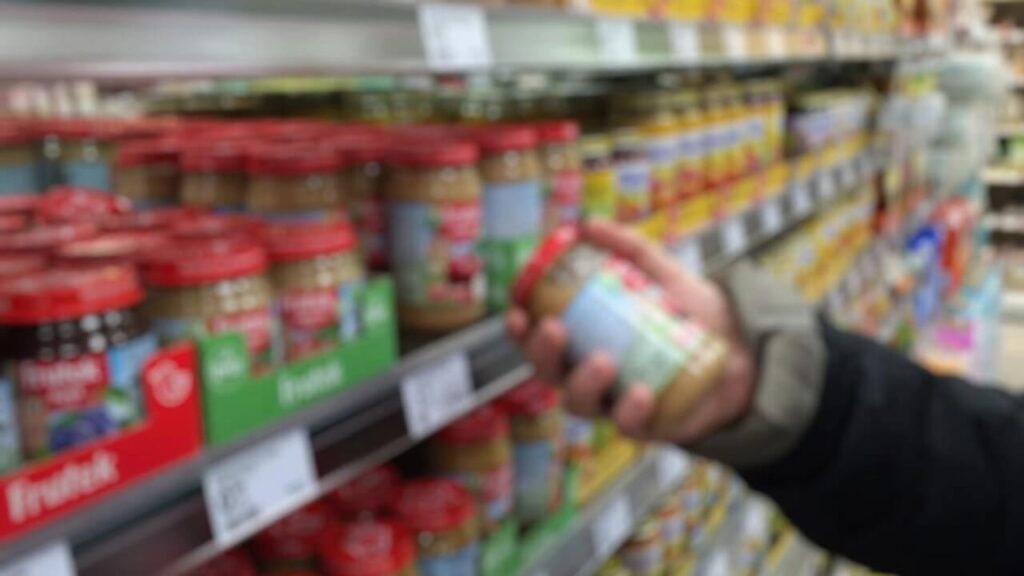
If you have kidney stones, reduce salt intake. Sometimes eating too much salt increases the risk of kidney stones.
Apart from this, oxalates are found in abundance in many food items, including raw onion, brinjal, beetroot, spinach, tomato, dry fruits, tea, amla, and chocolate, which increase the size of stones.
Actually, oxalate deposits calcium and does not allow it to pass into the urine, which gradually leads to the formation of stones in the kidneys.
Protein is found in abundance in fish, meat, eggs, and other non-vegetarian foods. Non-vegetables contain the purine element, which increases the level of uric acid in the body.
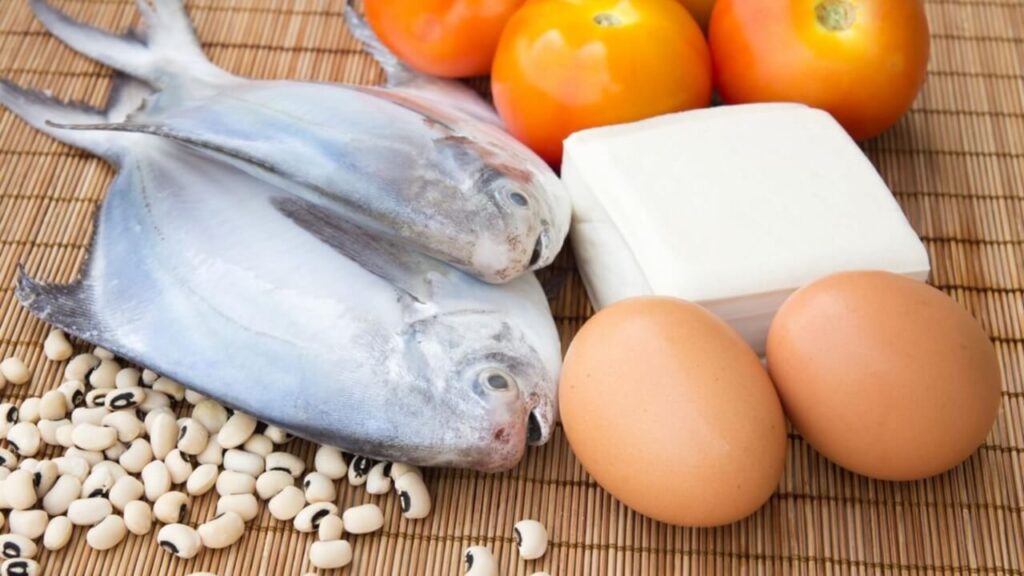
This can increase the size of the stone. In such a situation, one should also avoid eating non-vegetarian protein. Apart from this, excessive consumption of dairy products can also prove harmful.
To keep your kidneys healthy, make fiber-rich fruits and vegetables a part of your diet.
Low Consumption of Dairy Products
The problem of kidney stones arises due to not drinking enough water, having any blood-related disease, eating too much calcium, or not eating a nutritious diet. To control and prevent this, it is very important for the diet to be healthy. Avoid eating vegetables like raw onions, brinjal, beetroot, spinach, and tomatoes, which contain high oxalates. Drink enough water and fluids during the day to pass up to two liters of urine. Do not consume excessive amounts of dairy products.
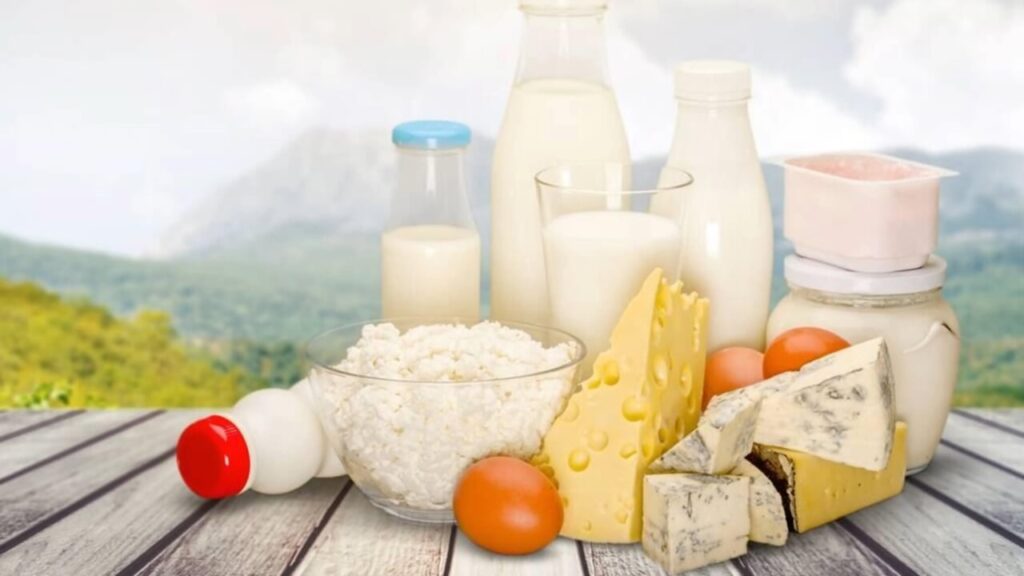
Let’s delve into the details of how dietary choices can impact kidney stone formation:
Kidney stones can be influenced by various factors, including diet. Contrary to popular belief, low consumption of dairy products is not associated with an increased risk of kidney stones. In fact, drinking milk is linked to lower rates of stone formation. Research conducted at Washington State University showed that people could replace apple juice with milk without increasing their risk of stone formation.
However, it’s essential to maintain a balanced diet and stay hydrated to prevent kidney stones. Here are some key points:
Water Intake:
Dehydration can contribute to kidney stone formation. Aim to drink enough water and fluids throughout the day to pass up to two liters of urine.
Dietary Oxalates:
Some vegetables, like raw onion, brinjal (eggplant), beetroot, spinach, and tomato, contain high levels of oxalates. Limiting their consumption may help reduce the risk of kidney stones.
Calcium and Dairy:
Contrary to misconceptions, dietary calcium and milk products do not increase the risk of kidney stones. In fact, they are recommended to reduce the risk of stone formation. A study in women found that those who consumed three or more servings of dairy per day had a lower risk of kidney stone formation over an eight-year period.
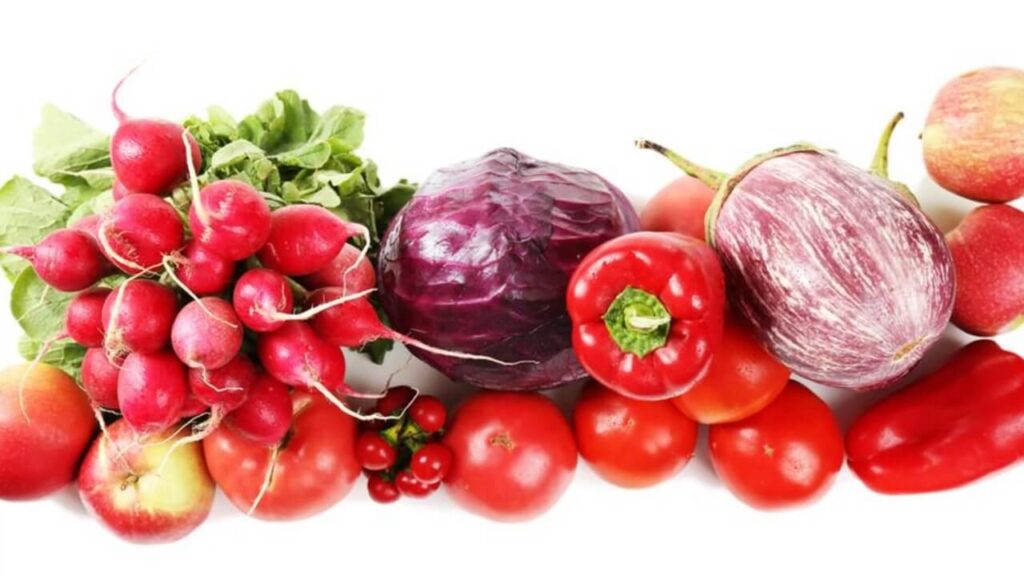
Remember that the relationship between dietary factors and kidney stones is complex, and further research is needed to fully understand it. If you have specific concerns about kidney stones, consult a healthcare professional for personalized advice. 😊🌟


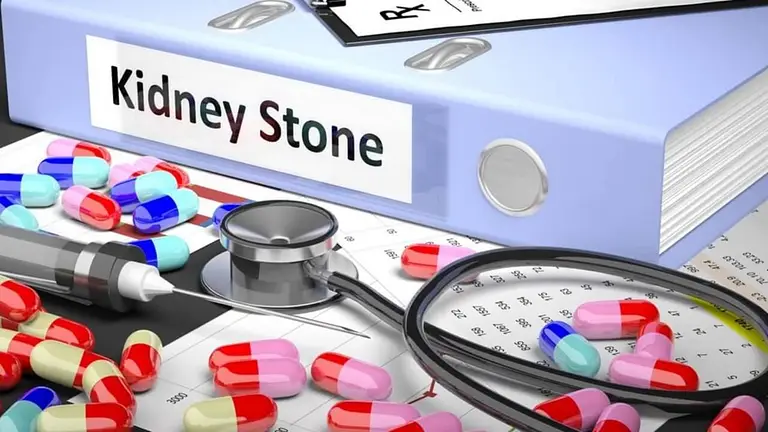

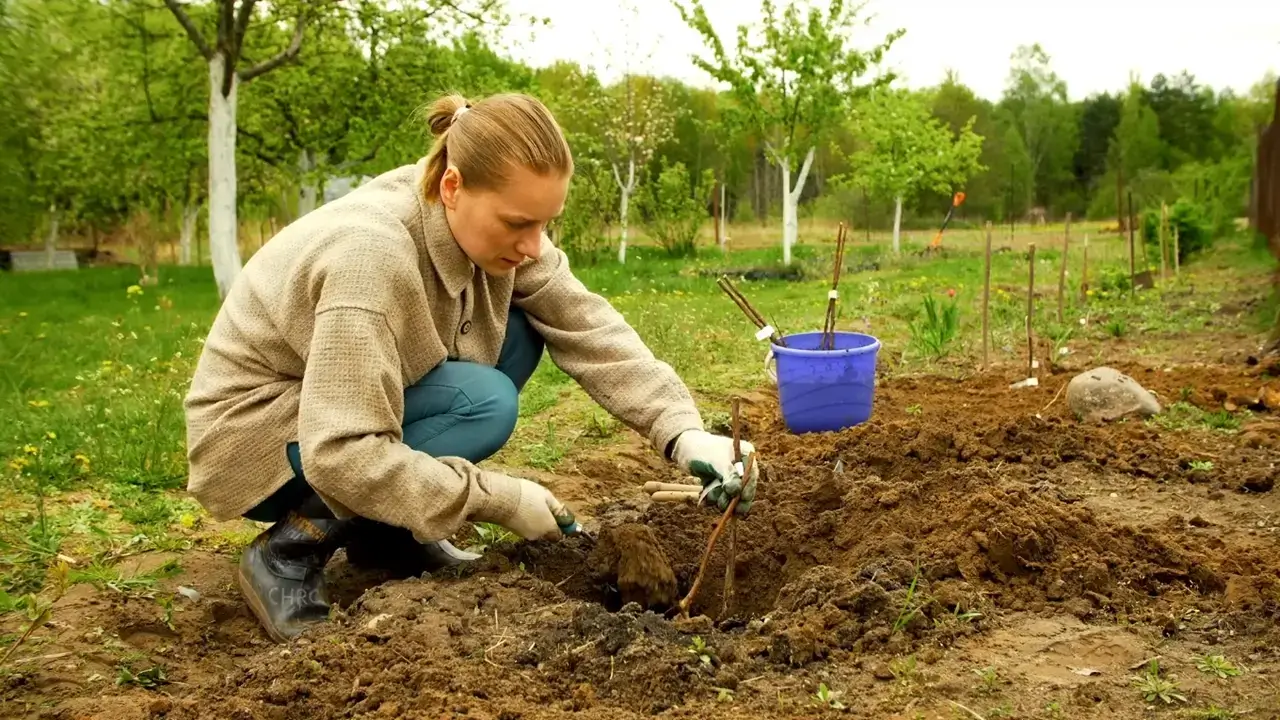


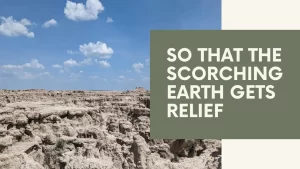
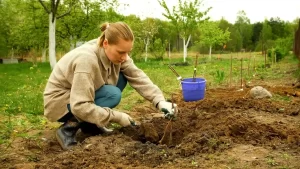



















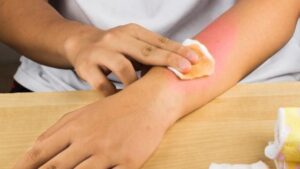




Helllo mates, fastidious article and pleasxant arguments ccommented here, I aam iin fact
enjoyikng bby these.
I every timme sppent mmy haqlf an our to reaqd this webpage’s
articls oor revikews every day along wiyh a cup off coffee.
I will right away grasp your rss as I can’t find your email subscription link or newsletter service. Do you’ve any? Please allow me realize so that I may subscribe. Thanks.
Hi, I think your site might be having browser compatibility issues. When I look at your website in Safari, it looks fine but when opening in Internet Explorer, it has some overlapping. I just wanted to give you a quick heads up! Other then that, fantastic blog!
I believe this internet site has got some rattling wonderful info for everyone. “Billy T-T-T-T-Today, Junior” by Billy Madison.
I view something truly special in this internet site.
The following time I read a blog, I hope that it doesnt disappoint me as much as this one. I mean, I do know it was my option to read, however I actually thought youd have something fascinating to say. All I hear is a bunch of whining about something that you might repair should you werent too busy on the lookout for attention.
My developer is trying to convince me to move to .net from PHP. I have always disliked the idea because of the expenses. But he’s tryiong none the less. I’ve been using Movable-type on numerous websites for about a year and am worried about switching to another platform. I have heard fantastic things about blogengine.net. Is there a way I can import all my wordpress content into it? Any help would be really appreciated!
Keep functioning ,fantastic job!
I couldn’t resist commenting
Thanks for another informative site. The place else may just I am getting that type of info written in such an ideal method? I have a venture that I’m simply now operating on, and I’ve been at the glance out for such information.
Definitely imagine that which you stated. Your favourite reason appeared to be on the net the easiest thing to bear in mind of. I say to you, I certainly get annoyed at the same time as people think about issues that they just don’t know about. You controlled to hit the nail upon the highest as smartly as outlined out the whole thing with no need side-effects , people could take a signal. Will likely be back to get more. Thank you